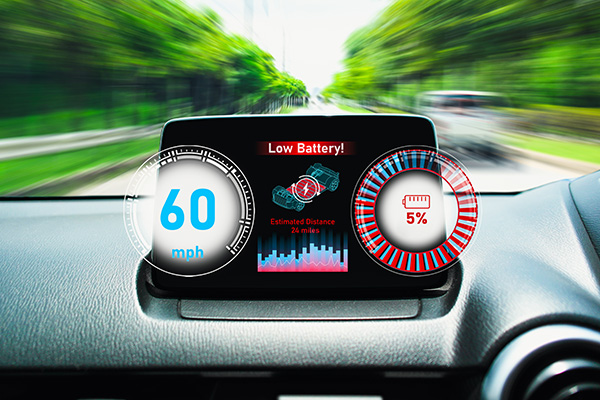Posted on 10/31/2024

If you’ve ever wondered why many high-performance European cars, from luxury brands like BMW, Mercedes-Benz, and Porsche, favor rear-wheel drive (RWD) over other configurations, you're at the right place. The answer goes beyond tradition or style—it’s rooted in performance, driving dynamics, and the unique engineering philosophies of European automakers. While front-wheel drive (FWD) is popular for economy cars due to cost-efficiency and packaging, rear-wheel drive remains the go-to for high-performance vehicles. But why is this? The Appeal of Rear-Wheel Drive in High-Performance Vehicles To understand why RWD dominates in high-performance cars, it’s essential to recognize its advantages. Unlike front-wheel-drive vehicles, where the engine's power is sent to the front wheels, in a rear-wheel-drive configuration, power is directed ... read more
Posted on 9/27/2024

When you think about car safety, Volvo is probably one of the first brands that comes to mind. Over the years, the Swedish automaker has built a reputation for prioritizing safety above everything else, setting industry standards, and paving the way for innovations that protect drivers, passengers, and pedestrians alike. But how did Volvo achieve this status? A Commitment to Safety from Day One Volvo’s journey towards becoming a safety icon didn’t happen by accident. Since the company was founded in 1927, safety has been a core part of its identity. In fact, the founders of Volvo, Assar Gabrielsson and Gustaf Larson, believed that safety should be at the heart of every car design. This focus on protection wasn’t just about making cars more durable—it was about creating vehicles that could help prevent accidents and save lives. The idea that safety should be a standard, not an option, was revolutionary at the time. Many automakers were m ... read more
Posted on 8/30/2024

Mercedes-Benz has long been a symbol of luxury, performance, and innovation in the automotive world. Each year, the brand continues to captivate car enthusiasts and luxury buyers alike. In 2023, several Mercedes-Benz models stood out in the US market, reflecting the preferences and trends among American buyers. Let's take a closer look at the models that dominated US sales in 2023 and explore the reasons behind their popularity. The Ever-Popular GLE Leading the pack in 2023 was the Mercedes-Benz GLE, with an impressive 57,696 units sold. The GLE's success can be attributed to its perfect blend of luxury, technology, and versatility. As an SUV, it caters to the growing demand for vehicles that offer ample space, comfort, and advanced safety features. The GLE's performance on both city streets and off-road terrains makes it a favorite among families and adventure seekers alike. Its range of powerful engines, coupled with Mercedes' renowned MBUX infotain ... read more
Posted on 7/26/2024

Electric cars are revolutionizing the way we think about transportation, offering a cleaner, more sustainable alternative to traditional gas-powered vehicles. However, despite their numerous benefits, many drivers experience "range anxiety"—the fear that their electric vehicle (EV) will run out of power before reaching their destination. If you're new to the world of EVs or have concerns about running out of juice on the road, this guide will help you understand how to prevent range anxiety and enjoy the many perks of driving an electric car without the worry. Range Anxiety Simply put, range anxiety is the fear that an electric vehicle doesn't have enough battery power to reach its destination, potentially leaving the driver stranded. This fear can be a significant deterrent for potential EV buyers and can affect the driving experience of current EV owners. But don't worry—range anxiety can be managed and even eliminated with the rig ... read more
Posted on 6/28/2024

Electric vehicles (EVs) have rapidly transformed from a niche market to the forefront of automotive innovation. Among the numerous players, Tesla stands out as a leader, revolutionizing how we think about and experience driving. But what exactly sets Tesla apart in the electric car market? Let's look into the key aspects that make Tesla a unique and compelling choice for EV enthusiasts. 1. Pioneering Technology and Innovation Tesla's commitment to cutting-edge technology is one of the primary factors distinguishing it from other automakers. From the very beginning, Tesla has been at the forefront of innovation, continually pushing the boundaries of what's possible in electric vehicle technology. The company's proprietary battery technology, including the development of advanced lithium-ion batteries, has set new standards for efficiency, range, and performance. Tesla's continuous advancements in battery technology ensure longer driving rang ... read more